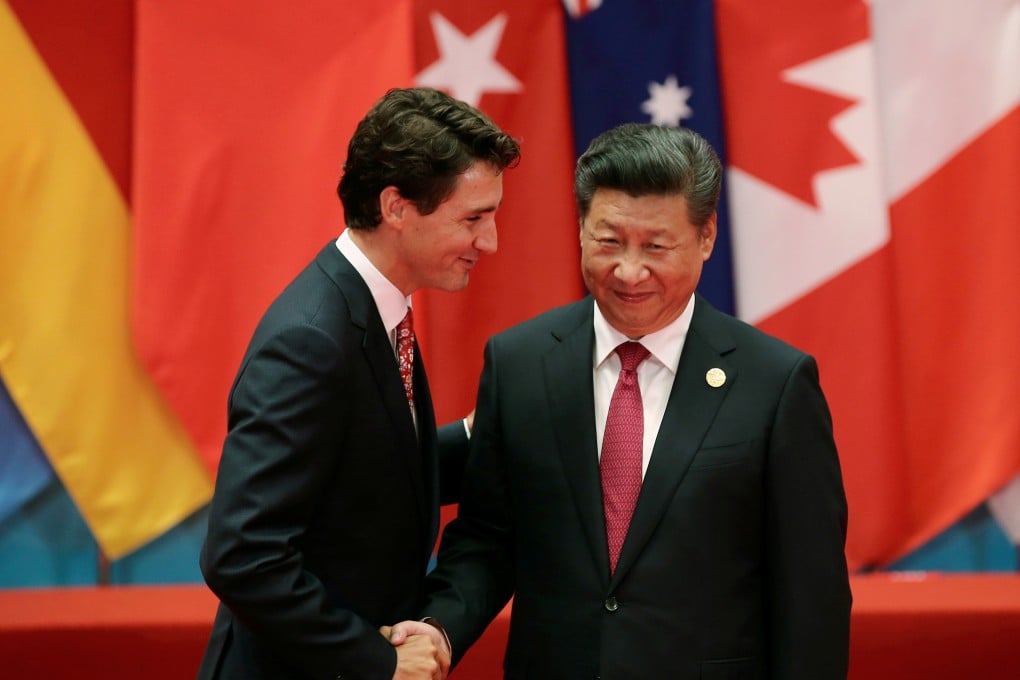Advertisement
Canada faces new pressure to block Huawei from 5G, after UK ban risks marooning Ottawa from Five Eyes intelligence allies
- Ex-diplomat Charles Burton says it will now be difficult for Canada to approve Huawei and distinguish itself from allies who have all blocked the Chinese firm
- He says a ‘policy of appeasement’ to China has not helped the detained Canadians Michael Kovrig and Michael Spavor, who are accused by Beijing of spying
Reading Time:4 minutes
Why you can trust SCMP

Canada is facing renewed pressure to ban Huawei from its 5G networks, after Britain’s decision to block the Chinese tech firm on Tuesday risked marooning Ottawa from its intelligence allies.
The decision renders Canada the only member of the so-called Five Eyes intelligence consortium – also made up of the United States, Australia and New Zealand – to have failed to block Huawei on security grounds from at least part of its high-speed 5G internet infrastructure.
Charles Burton, a former counsellor at the Canadian embassy in Beijing and a senior fellow at the Macdonald-Laurier Institute, said “it now becomes very difficult for the Canadian government to agree to the installation of Huawei 5G”.
Advertisement
The UK government announced that it would both ban the purchase of new 5G components from Huawei after the end of this year, and purge existing Huawei equipment by 2027.

05:22
Huawei founder on cybersecurity and maintaining key component supply chains under US sanctions
Huawei founder on cybersecurity and maintaining key component supply chains under US sanctions
Burton said “the will of the government” of Canadian Prime Minister Justin Trudeau had been to approve Huawei’s participation in Canadian 5G, and it remained under pressure from “the China lobby” to do so.
Advertisement
But Tuesday’s move by London made it “very difficult to make a decision that would distinguish us from our partners in the Five Eyes intelligence-sharing consortium.”
Advertisement
Select Voice
Select Speed
1.00x